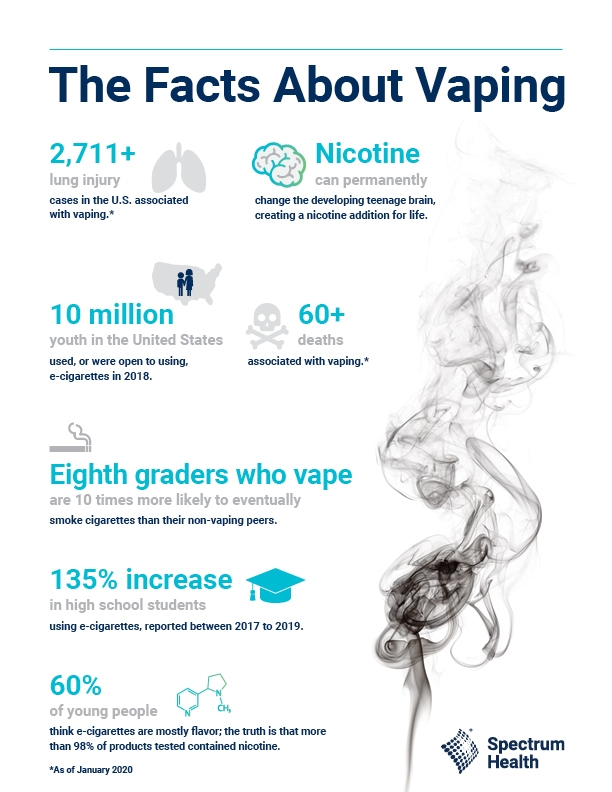Cardiologists highlight significant concerns regarding e-cigarettes and cardiovascular health, emphasizing these critical points:
1. Increased Cardiovascular Risk
Multiple studies associate regular e-cigarette use with an elevated risk of developing heart disease, heart attacks (myocardial infarction), and stroke. Chemicals in e-cigarette aerosol can cause endothelial dysfunction, inflammation, and oxidative stress – precursors to cardiovascular disease.

2. Nicotine’s Direct Impact
The primary addictive component in most e-cigarettes, nicotine, directly harms the cardiovascular system. It acutely raises heart rate and blood pressure. Chronic exposure contributes to arterial stiffness and promotes atherosclerosis (plaque buildup in arteries), increasing heart attack and stroke risk.
3. Harmful Aerosol Constituents
Beyond nicotine, e-cigarette aerosols contain ultrafine particles, volatile organic compounds, heavy metals (like lead and nickel), and flavoring agents (e.g., diacetyl). When inhaled, these can damage blood vessels, cause inflammation, and negatively affect heart function.
4. Not a Safe Alternative for the Heart
While e-cigarettes may expose users to fewer harmful substances than combustible cigarettes regarding cancer risk, doctors stress they are not a safe alternative for cardiovascular health. Both conventional cigarettes and e-cigarettes significantly increase heart disease risk compared to non-use.
5. Dual Use Worsens Outcomes
Using both e-cigarettes and traditional cigarettes (“dual use”) is common and particularly harmful. Evidence indicates dual users often experience higher cardiovascular risk profiles and worse health outcomes than those using either product alone.
Doctors note that while research is ongoing, current evidence strongly suggests e-cigarettes pose substantial risks to heart health. They urge individuals, especially those with existing heart conditions, to avoid vaping and encourage complete cessation of all tobacco and nicotine products for optimal cardiovascular protection.









